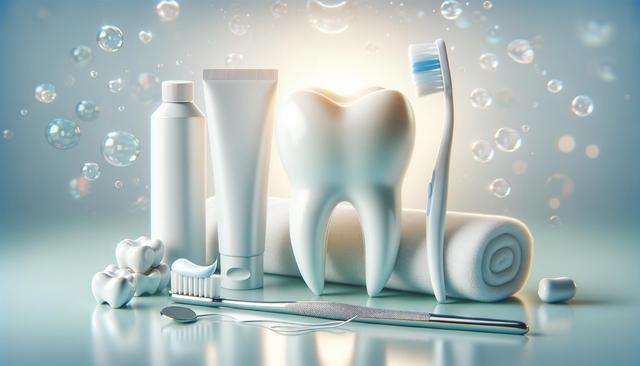Understanding the Need for Dental Implants in Older Adults
As we age, maintaining oral health becomes increasingly important, yet more challenging. Tooth loss, gum disease, and bone loss in the jaw are common issues among older adults. These problems can significantly affect nutrition, speech, and self-confidence. That’s why many are exploring the advantages of dental implants for elderly individuals. Unlike removable dentures, implants offer a more permanent and natural-feeling solution. They anchor directly into the jawbone, mimicking real tooth roots, which helps prevent bone loss and supports facial structure.
The demand for senior dental care has grown as people live longer and aim to preserve their health and independence. Dental implants can play a crucial role in achieving this. They are not only functional but also aesthetically pleasing, restoring smiles and improving quality of life. As such, they are becoming a key part of comprehensive dental care strategies for seniors.
The Benefits of Dental Implants for Seniors
There are many benefits of dental implants for seniors that go beyond appearance. First and foremost, they provide a stable and reliable way to replace missing teeth. Seniors often struggle with traditional dentures that can slip or cause sore spots. Implants eliminate these issues by offering a secure fit. Here’s what they offer:
- Improved chewing efficiency, allowing for a more varied and nutritious diet
- Enhanced speech clarity, as implants stay fixed in place
- Increased comfort without the need for nightly removal
- Bone preservation, which helps maintain facial structure
Additionally, implants can boost emotional well-being. Confidence in one’s smile can make social interactions more enjoyable and reduce feelings of self-consciousness. For many seniors, this emotional benefit is just as important as the physical improvements.
Choosing the Right Type of Implants
When considering the best dental implants for seniors, it’s essential to understand that not all implants are the same. Seniors may have unique needs, such as reduced bone density or multiple missing teeth, which can influence the type of implant recommended. Some common options include:
- Traditional implants – Ideal for those with sufficient bone density
- Mini implants – Suitable for those with less bone mass or for stabilizing dentures
- All-on-4 implants – A full-arch solution using fewer implant posts
Working with a dental professional who specializes in dental implants for elderly patients can help identify the most appropriate solution. Thorough evaluation and planning are crucial to ensure long-term success and a comfortable fit.
Affordability and Accessibility of Dental Implants
One concern that often arises is the cost. However, affordable dental implants are increasingly available thanks to advancements in dental technology and expanded insurance coverage. Many clinics now offer payment plans, financing options, and senior discounts, making implants more accessible than ever before.
While dental implants may require a higher initial investment compared to dentures, their long-term durability often results in lower overall costs. Over time, they reduce the need for frequent adjustments and replacements associated with traditional tooth replacement methods. For seniors managing fixed incomes, this can be a significant advantage.
It’s also worth noting that maintaining senior dental care through regular check-ups and cleanings can extend the life of implants and improve overall health. Preventive care is key to avoiding complications and ensuring the longevity of the investment.
The Role of Implants in Overall Oral Health
Another major advantage of implants is their contribution to dental implants for better oral health. Missing teeth can lead to a cascading effect of oral health issues, including shifting of nearby teeth, jawbone deterioration, and bite misalignment. Implants help prevent these problems by filling gaps and maintaining the integrity of the dental structure.
They also make daily hygiene routines easier. Unlike dentures, which require special cleaning solutions and removal, implants can be brushed and flossed just like natural teeth. This simplicity can be particularly beneficial for seniors who may struggle with dexterity or have cognitive challenges.
In the broader context of health, the mouth is often referred to as the gateway to the body. Poor oral health has been linked to systemic issues such as heart disease and diabetes. Therefore, investing in dental implants can also have a positive impact on overall well-being, not just oral health.
Conclusion: A Long-Term Solution for Senior Smiles
For many older adults, dental implants represent a meaningful step toward regaining control over their oral health and lifestyle. Whether you’re dealing with missing teeth, uncomfortable dentures, or declining oral function, implants offer a solution that aligns with the needs of today’s seniors. By addressing both functional and emotional aspects, they support a better quality of life.
As the availability of affordable dental implants continues to grow, more seniors can access the care they need without compromising their budgets. With proper planning and professional guidance, dental implants for elderly patients can be a reliable, long-lasting option that supports both health and happiness in the golden years.




Leave a Reply